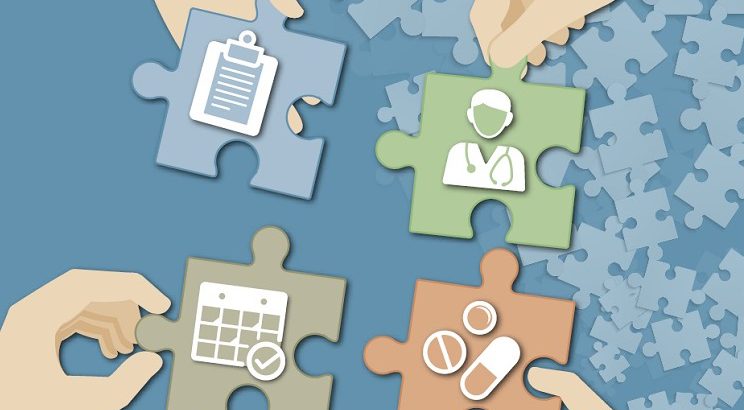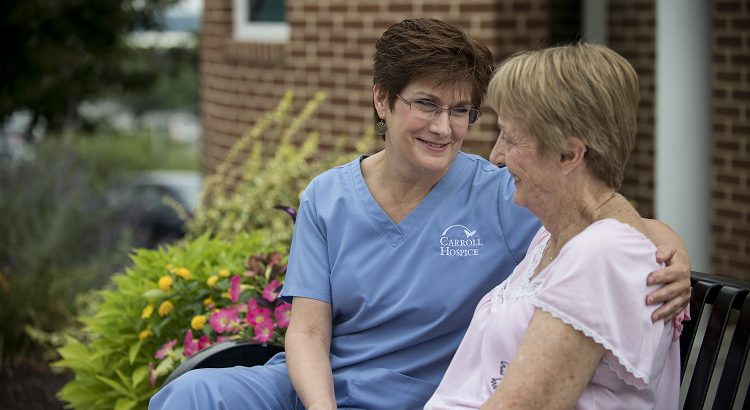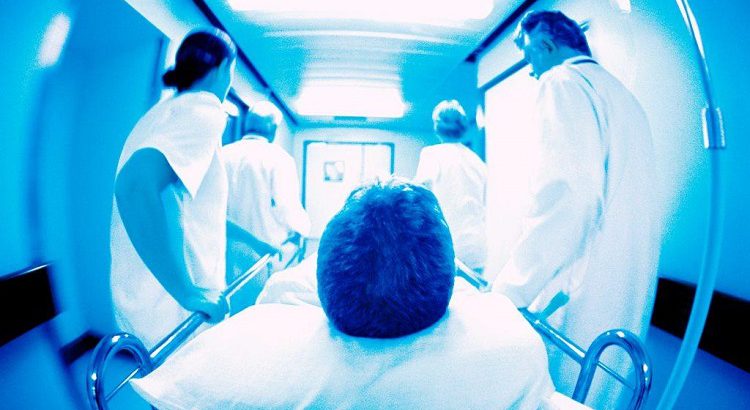Many challenges arise when it comes to caring for an aging parent, but thankfully you are not alone. Your parent’s primary care provider is your main ally—the coach shouting from the sidelines, ensuring everyone on your team is doing what they are supposed to do.
Category: Health & Wellness

Safe Summer Cooking
During the warm summer months, cooking on the grill is a great way to make a summer meal. However, hot and humid conditions are the perfect environments for the rapid bacterial growth that can cause foodborne illness.

The Family Birthplace Expansion
When Deanna Dobry went to Carroll Hospital for a routine test one Friday afternoon, she had no idea she wouldn’t be going home that day.

Introducing Care Solutions
Melissa Jones-Holley, D.N.P., director of disease management and population health at Carroll Hospital, explains a new program designed to help patients living with chronic conditions.
What is the Care Solutions program? Why was it created?
Care Solutions is a disease management program that provides patients, health care providers and the community with resources to assist in the care of patients with chronic conditions, such as congestive heart failure (CHF), diabetes and chronic obstructive pulmonary disease (COPD). The aim of the program is to improve the patients’ quality of life and reduce unnecessary hospital stays through a series of coordinated health care interventions, such as education about their conditions and how to manage them, care coordination and improved access to care.
How do patients benefit?
Care Solutions offers patients an individualized care plan while working in collaboration with their health care providers.
As a part of the program, patients can receive follow-up care once discharged from the hospital, assistance with scheduling provider visits, education on their conditions, and assistance with understanding and managing their treatment plans including medications, referrals to health care and community resources, and telemonitoring services if needed.
Who is eligible for Care Solutions?
The Care Solutions program is available to patients with chronic conditions such as CHF, COPD and diabetes. Many patients are referred to our program from providers, case managers, nurse health navigators and community agencies, such as home health agencies and Access Carroll.
How is telemonitoring used?
Telemonitoring is one of the ways the Care Solutions program is helping patients understand and manage their chronic conditions at home. We are currently offering patients with CHF and COPD a chronic care management program that includes telemonitoring services. In this program, patients are provided with Bluetooth-enabled equipment that allows patients to obtain and record their vital signs each day, such as blood pressure, heart rate, oxygenation and weight, for use in their home. With this program, we are able to quickly identify and address abnormal patient vital signs and connect patients with a nurse or health care provider 24/7 for early intervention as needed. Patients who could benefit from telemonitoring are being recommended to the program during a hospital stay or by their primary care provider, cardiologist or pulmonologist.
Learn more about the Care Solutions program by calling 410-871-7000.

Protect Your Bones from Osteoporosis
Osteoporosis is a medical condition that affects nearly 54 million Americans today. All adults are at risk of developing this disorder, which causes the gradual loss of bone density and strength, as they get older. Osteoporosis can easily lead to broken bones and, since you can’t feel your bones weakening, it is known as a silent disease.

Defining ‘A Healthy Community’
How would you finish this sentence? “For me, a healthy community is …”

Three Decades of Comfort & Caring
Thirty years ago, a core group of individuals passionate about hospice care connected to create what would ultimately become Carroll Hospice. In this season of giving thanks, and in celebration of three decades of providing end-of-life care, we reflect on three things that have made us successful through the years:

Preparing for Surgery
Are you scheduled to have surgery in the near future? You can prepare for your upcoming surgery in several ways.

How to Choose a Primary Care Physician
Finding a primary care physician may be the most important thing you do for your health. In fact, research shows that patients who see a primary care physician have, on average, 33 percent lower annual health care expenses and a 19 percent lower mortality rate than patients who don’t.

Emergency Department or Urgent Care?
When unexpected injury or illness strikes, your first instinct may be to go to the hospital’s emergency department.
